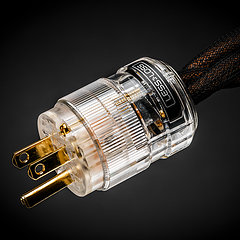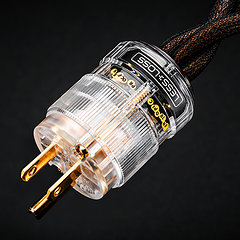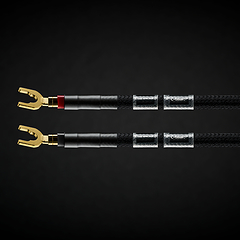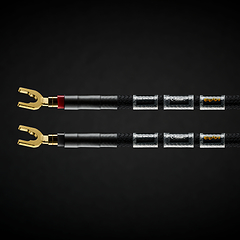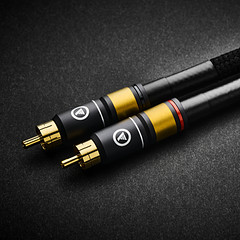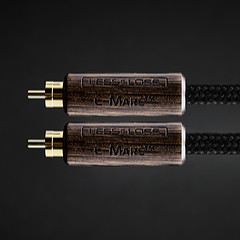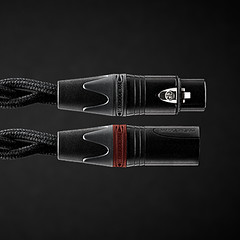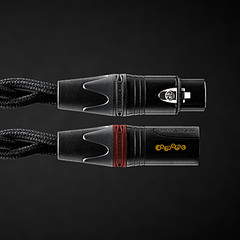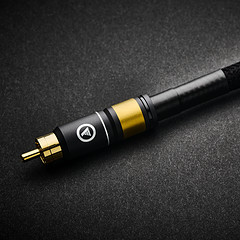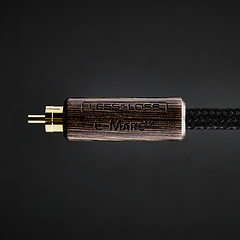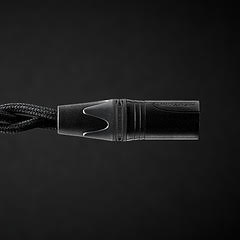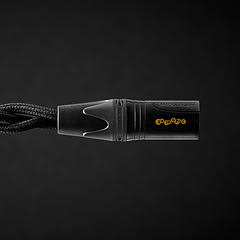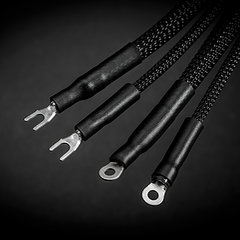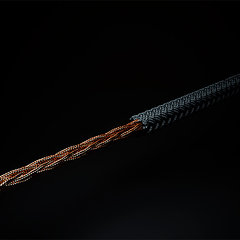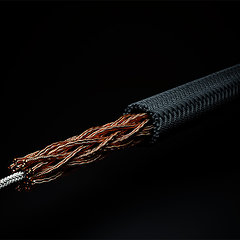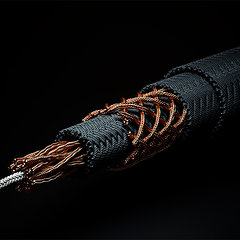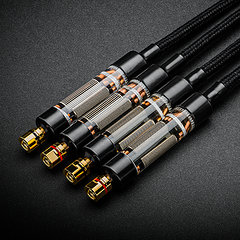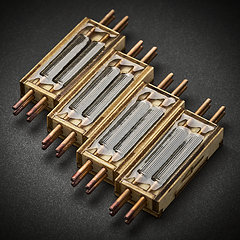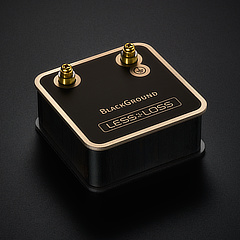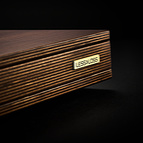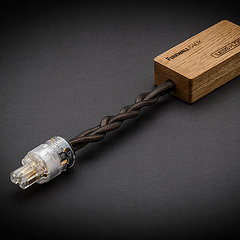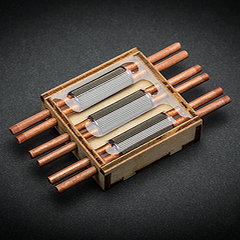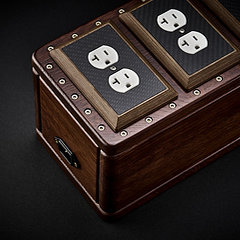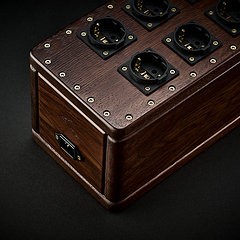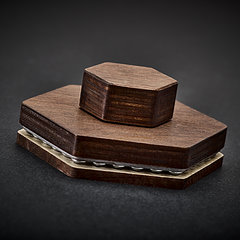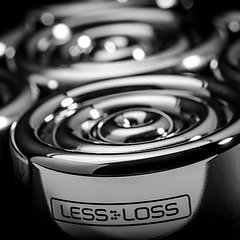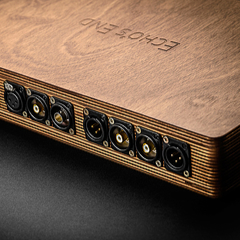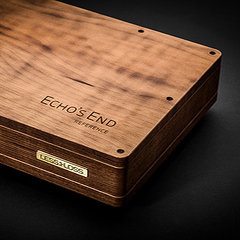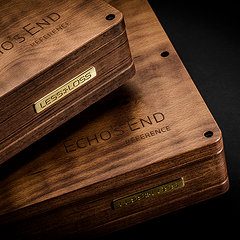- Asynchronous Reclocking
- I2S
- Output Stage
- Error Correction vs. Jitter
- Slaving Computer Soundcards
- Battery for Digital Schematics?
- Stacking Multiple Converter Chips
- Benchmark's UltraLock
- Digital Filtering
- One-box CD Players
- Synchronous Reclocking
- Jitter Sources
- Large Buffer
- Disbelief in LessLoss
- A/D Converters
- Sampling Rates
Question:
Why don't you just buffer the digital output of the CD player and then clock it out as required? This way you would "play" (convert) a second (depending on the depth of the buffer) behind the display of the CD player, but who cares about that? Wouldn't that solve all the Jitter problems?
LessLoss Reply:
A four second buffer has indeed been created by Chord Electronics. If this were the ultimate Jitter reducing solution, the product would have surely been the solution to end all solutions. Obviously the issue is not only one of a large buffer holding data. Even with an enormous buffer the size of an entire CD, the sound after conversion will still depend primarily on the quality of the oscillator which times the buffer, regardless of size. If the real-time operation of the oscillator is less than perfect, so will the audio be. The quality of the oscillator is dependent on a plethora of factors, including even slightest power supply fluctuations, interference, shielding, the very schematic solution of the oscillator, ground contamination, etc. This problem must be seen holistically in order for the jitter-reducing solution to be most successful. On a theoretical level, a one - two bit buffer is all that is needed when the system we advocate is completely synchronous. We have found that reclocking before (in the CD player) SPDIF and after SPDIF (in the DAC) is beneficial. Still, the digital cables must be well-shielded for lowest jitter. We are distilling our theory in practical experimentation that the size of the buffer is of less significance than its quality and the minimum possible Jitter of the master oscillator, all in a completely synchronously timed system.
